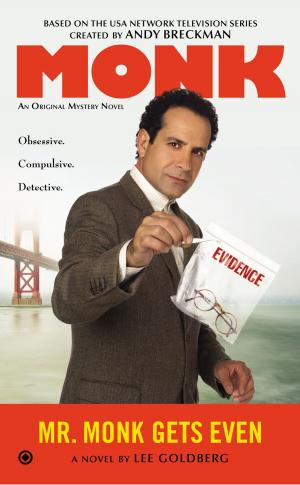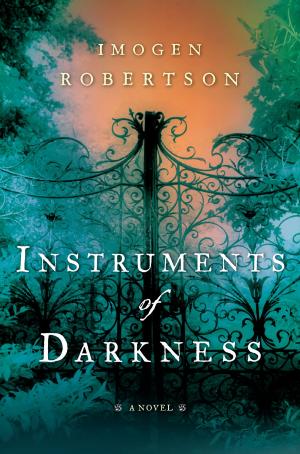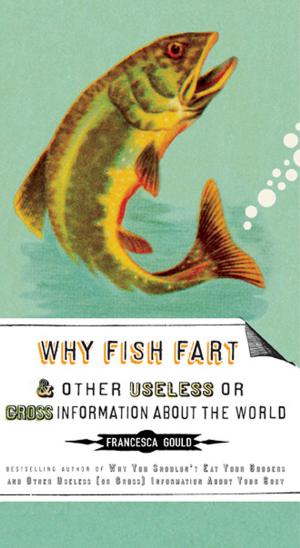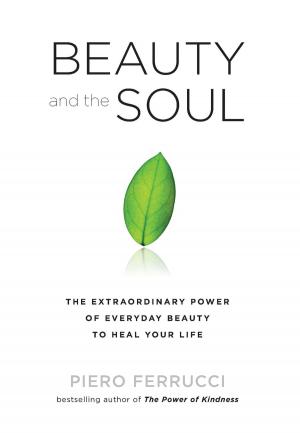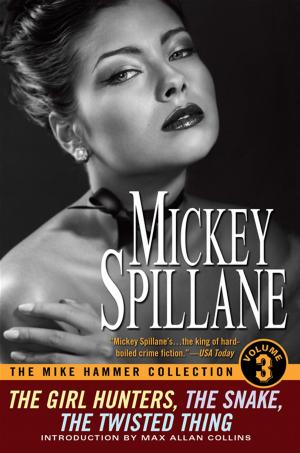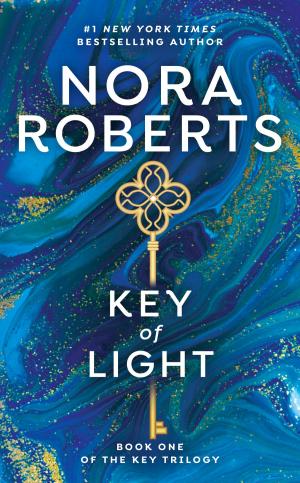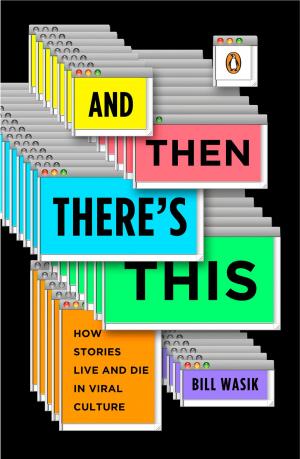The Accidental Masterpiece
On the Art of Life and Vice Versa
Nonfiction, Art & Architecture, General Art, Criticism, Fiction & Literature, Literary Theory & Criticism, Theory, Religion & Spirituality, Philosophy| Author: | Michael Kimmelman | ISBN: | 9781101666944 |
| Publisher: | Penguin Publishing Group | Publication: | July 25, 2006 |
| Imprint: | Penguin Books | Language: | English |
| Author: | Michael Kimmelman |
| ISBN: | 9781101666944 |
| Publisher: | Penguin Publishing Group |
| Publication: | July 25, 2006 |
| Imprint: | Penguin Books |
| Language: | English |
A New York Times bestseller—a dazzling and inspirational survey of how art can be found and appreciated in everyday life
Michael Kimmelman, the prominent New York Times writer and a regular contributor to The New York Review of Books, is known as a deep and graceful writer across the disciplines of art and music and also as a pianist who understands something about the artist's sensibility from the inside. Readers have come to expect him not only to fill in their knowledge about art but also to inspire them to think about connections between art and the larger world - which is to say, to think more like an artist. Kimmelman's many years of contemplating and writing about art have brought him to this wise, wide-ranging, and long-awaited book.
It explores art as life's great passion, revealing what we can learn of life through pictures and sculptures and the people who make them. It assures us that art - points of contact with the exceptional that are linked straight to the heart - can be found almost anywhere and everywhere if only our eyes are opened enough to recognize it. Kimmelman regards art, like all serious human endeavors, as a passage through which a larger view of life may come more clearly into focus. His book is a kind of adventure or journey.
It carries the message that many of us may not yet have learned how to recognize the art in our own lives. To do so is something of an art itself. A few of the characters Kimmelman describes, like Bonnard and Chardin, are great artists. But others are explorers and obscure obsessives, paint-by-numbers enthusiasts, amateur shutterbugs, and collectors of strange odds and ends. Yet others, like Charlotte Solomon, a girl whom no one considered much of an artist but who secretly created a masterpiece about the world before her death in Auschwitz, have reserved spots for themselves in history, or not, with a single work that encapsulates a whole life.
Kimmelman reminds us of the Wunderkammer, the cabinet of wonders - the rage in seventeenth-century Europe and a metaphor for the art of life. Each drawer of the cabinet promises something curious and exotic, instructive and beautiful, the cabinet being a kind of ideal, self-contained universe that makes order out of the chaos of the world. The Accidental Masterpiece is a kind of literary Wunderkammer, filled with lively surprises and philosophical musings. It will inspire readers to imagine their own personal cabinet of wonders.
A New York Times bestseller—a dazzling and inspirational survey of how art can be found and appreciated in everyday life
Michael Kimmelman, the prominent New York Times writer and a regular contributor to The New York Review of Books, is known as a deep and graceful writer across the disciplines of art and music and also as a pianist who understands something about the artist's sensibility from the inside. Readers have come to expect him not only to fill in their knowledge about art but also to inspire them to think about connections between art and the larger world - which is to say, to think more like an artist. Kimmelman's many years of contemplating and writing about art have brought him to this wise, wide-ranging, and long-awaited book.
It explores art as life's great passion, revealing what we can learn of life through pictures and sculptures and the people who make them. It assures us that art - points of contact with the exceptional that are linked straight to the heart - can be found almost anywhere and everywhere if only our eyes are opened enough to recognize it. Kimmelman regards art, like all serious human endeavors, as a passage through which a larger view of life may come more clearly into focus. His book is a kind of adventure or journey.
It carries the message that many of us may not yet have learned how to recognize the art in our own lives. To do so is something of an art itself. A few of the characters Kimmelman describes, like Bonnard and Chardin, are great artists. But others are explorers and obscure obsessives, paint-by-numbers enthusiasts, amateur shutterbugs, and collectors of strange odds and ends. Yet others, like Charlotte Solomon, a girl whom no one considered much of an artist but who secretly created a masterpiece about the world before her death in Auschwitz, have reserved spots for themselves in history, or not, with a single work that encapsulates a whole life.
Kimmelman reminds us of the Wunderkammer, the cabinet of wonders - the rage in seventeenth-century Europe and a metaphor for the art of life. Each drawer of the cabinet promises something curious and exotic, instructive and beautiful, the cabinet being a kind of ideal, self-contained universe that makes order out of the chaos of the world. The Accidental Masterpiece is a kind of literary Wunderkammer, filled with lively surprises and philosophical musings. It will inspire readers to imagine their own personal cabinet of wonders.

